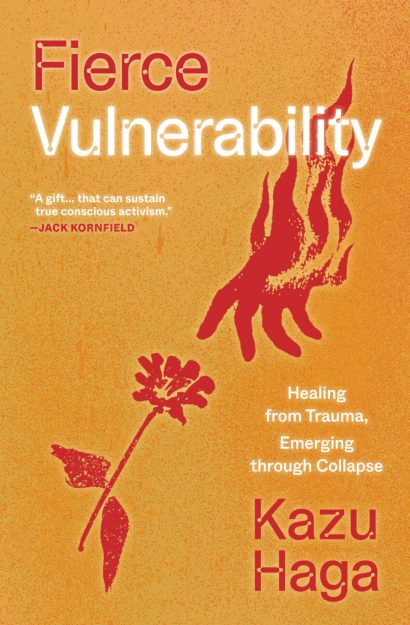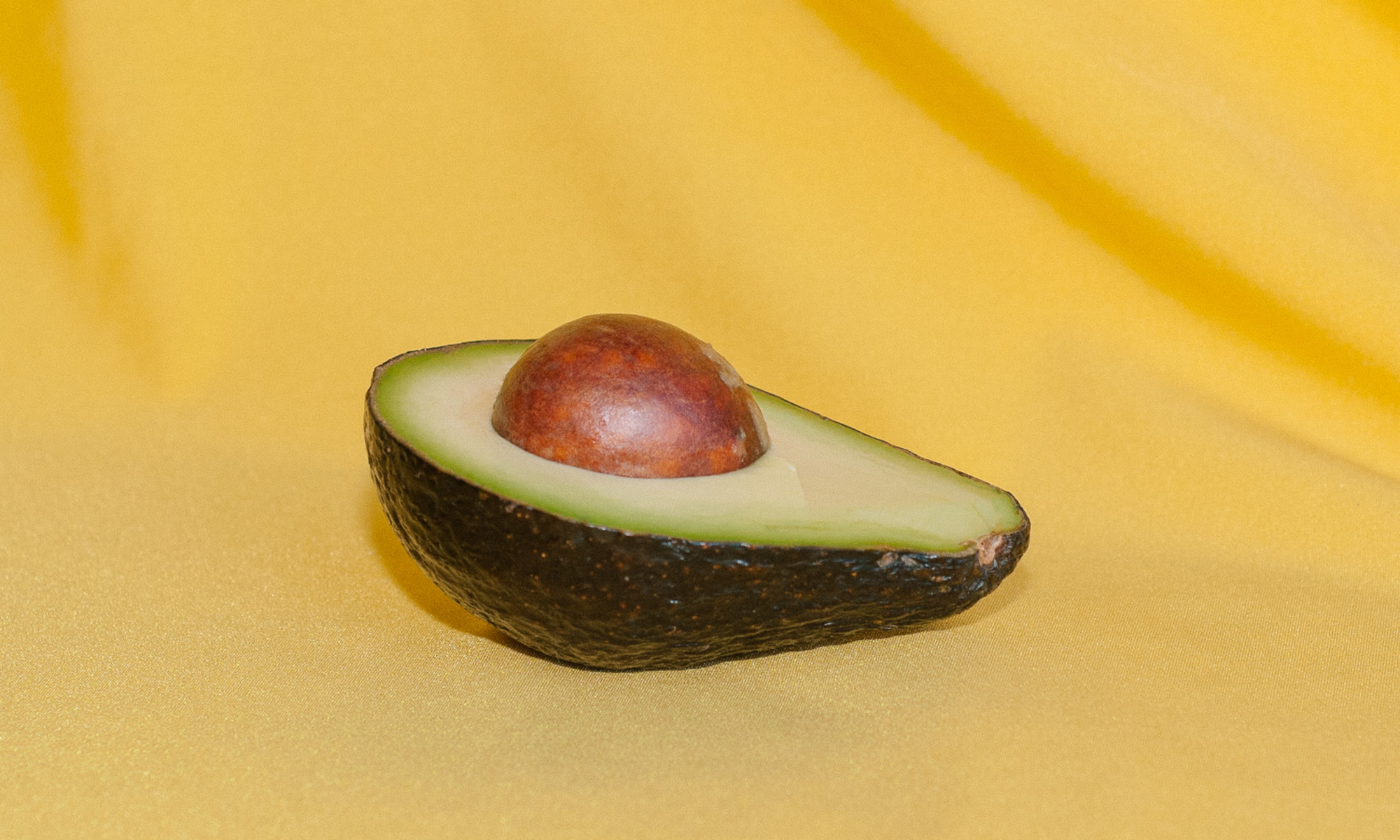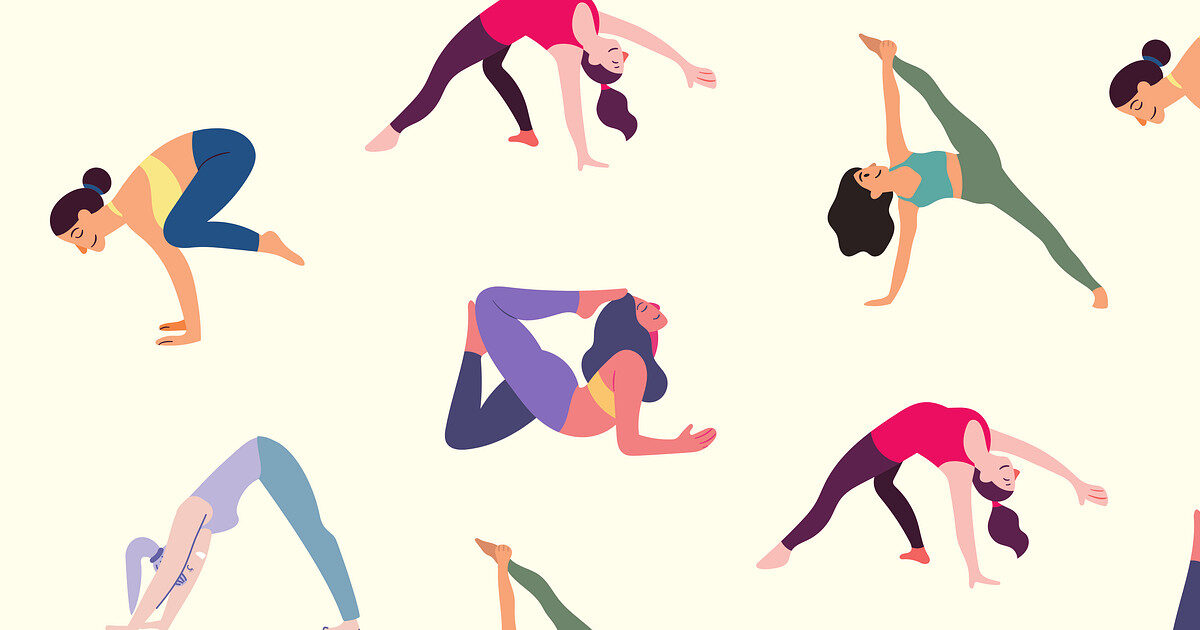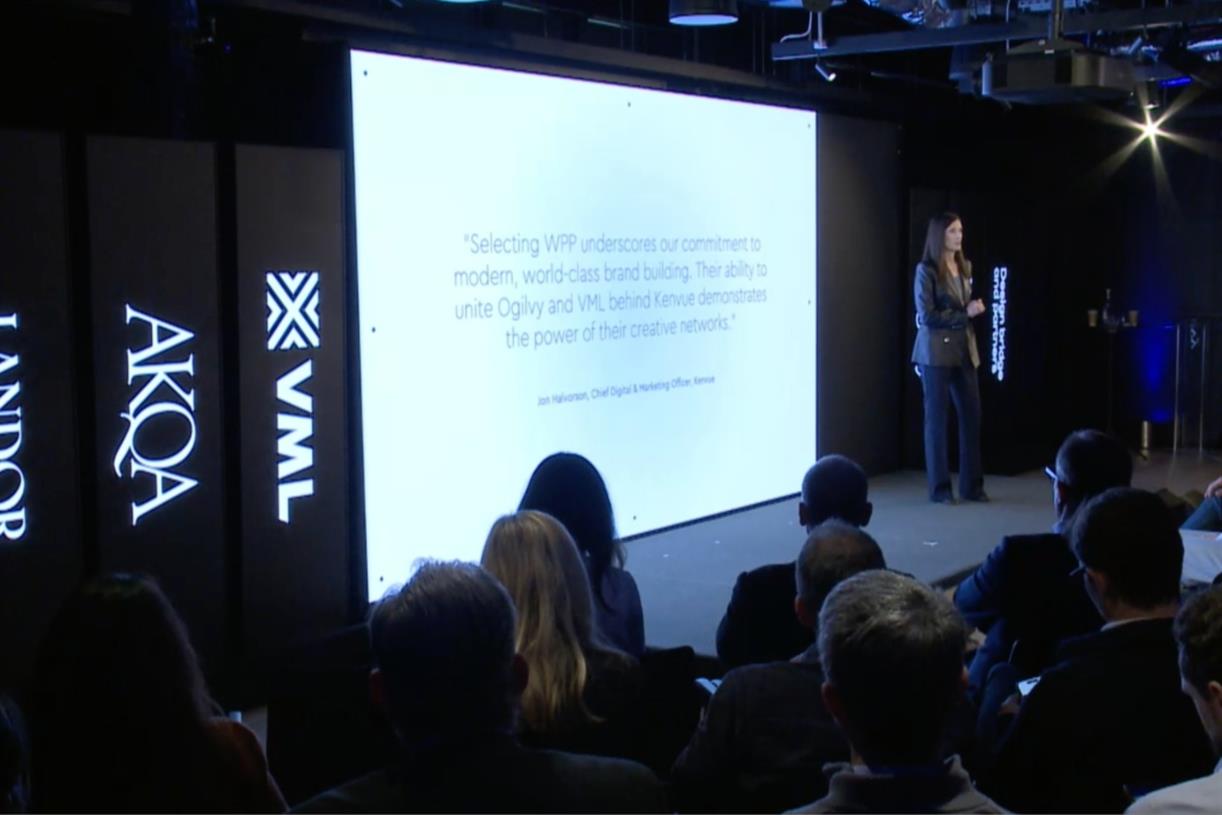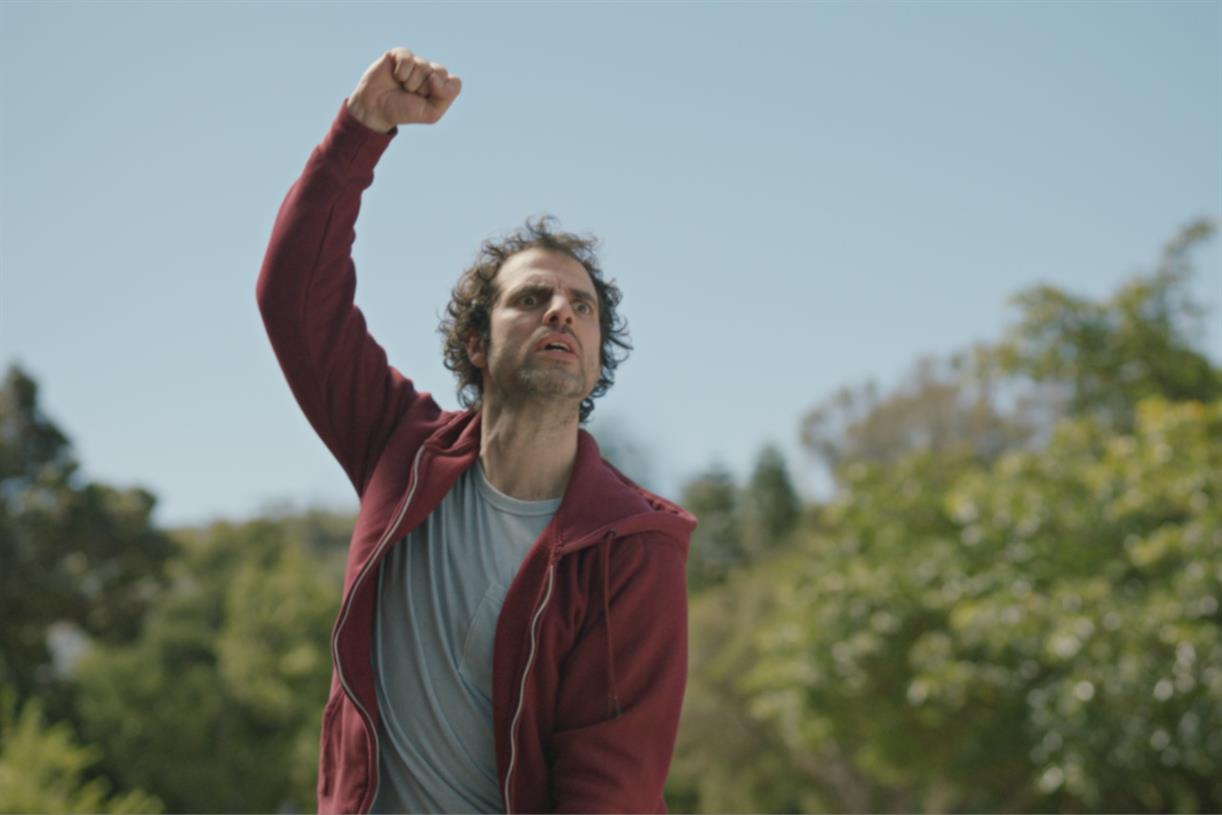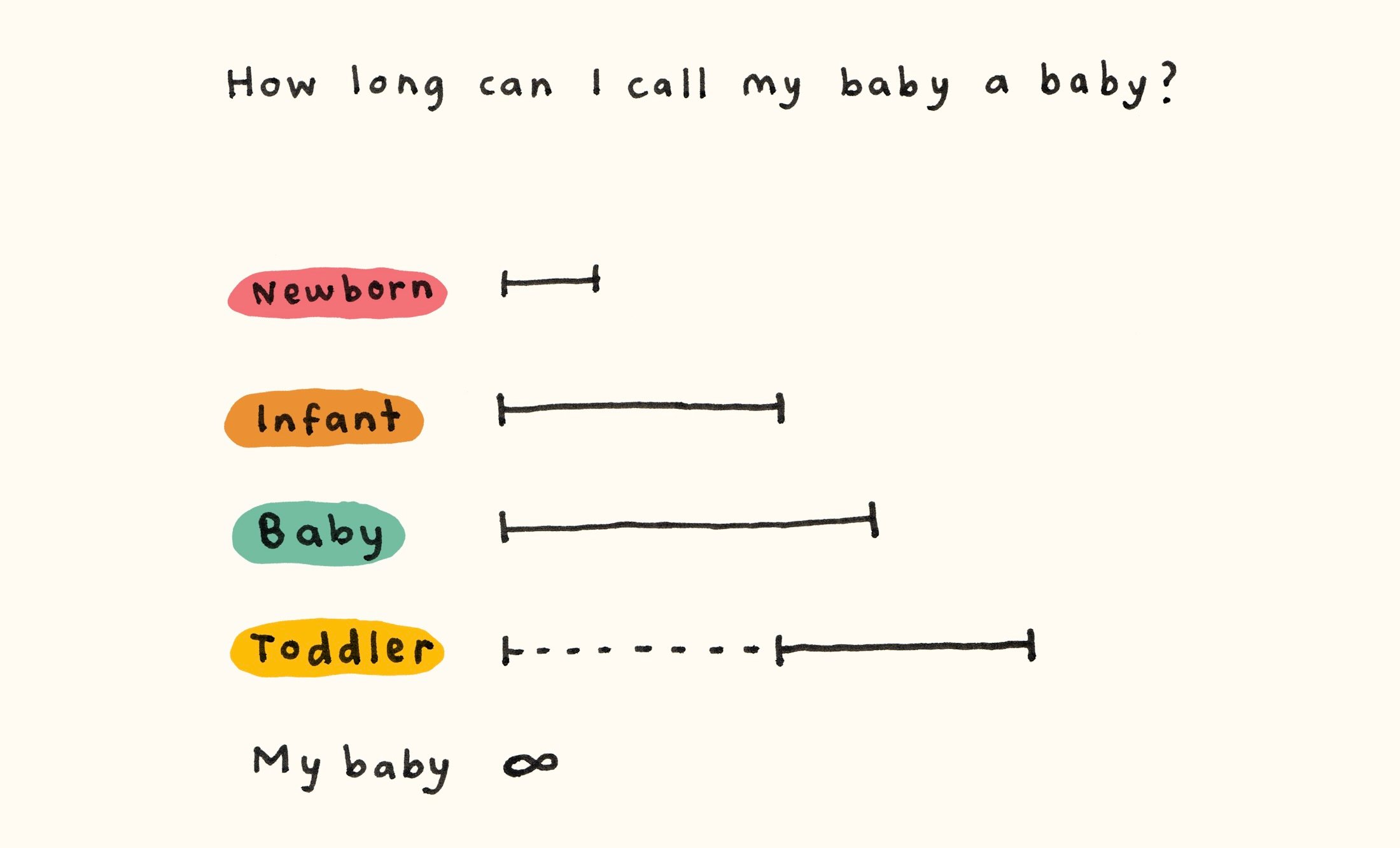The Intention of Spiritual Practice
On working with fierce vulnerability to bring genuine healing to the world The post The Intention of Spiritual Practice appeared first on Tricycle: The Buddhist Review.
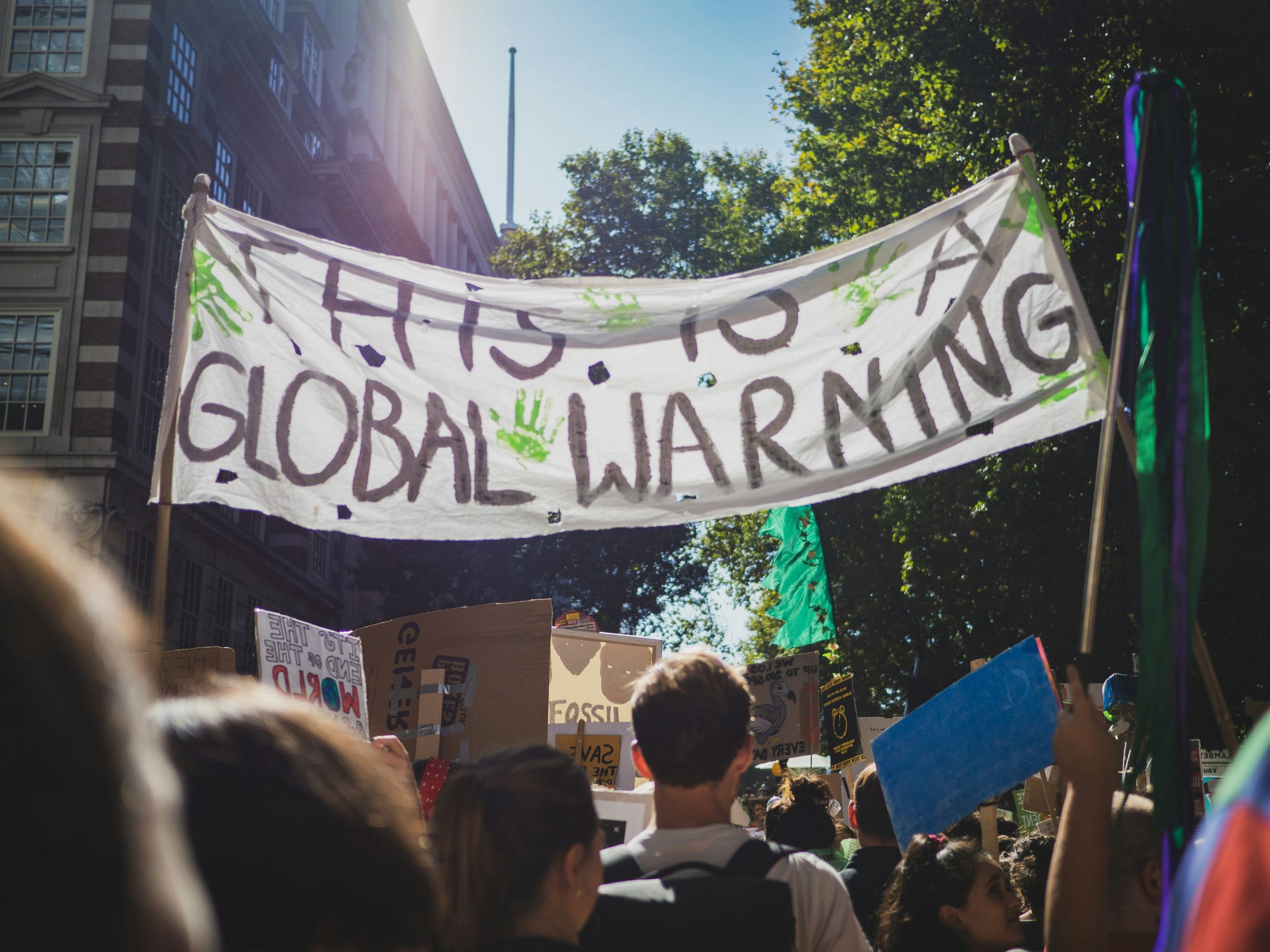
On working with fierce vulnerability to bring genuine healing to the world
By Kazu Haga Jul 26, 2025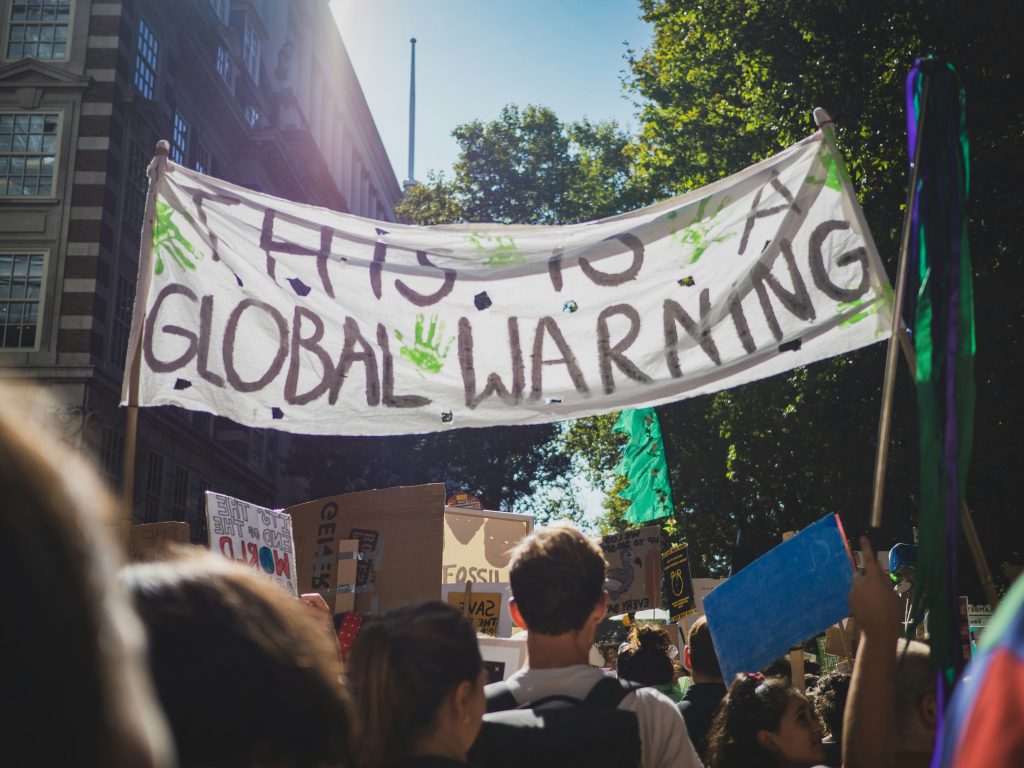 Image via Gabriel McCallin
Image via Gabriel McCallinFor me, spiritual practice is a fierce practice. Its intention is to cultivate the courage necessary to face reality as it is and to give us the audacity to fight for the liberation of all life. I can’t help but feel it’s critical in the work of fierce vulnerability.
The main form of meditation I practice is called vipassana, which means “to see things as they truly are,” not as we want them to be. Spiritual practice has helped me to cut through the delusions I hold, to see and accept reality for what it is. For us to truly accept the reality of the climate crisis—and many other forms of systemic harm—is no easy task. But it’s the reality in front of us, and until we can fully accept it, we won’t be able to move forward with the appropriate focus and capacity. Seeing the climate crisis for what it is goes beyond reading reports and understanding data. It includes accepting and embodying the fear, grief, and anxiety that may emerge as we sit with the depth of this crisis.
My friend Kritee Kanko is a part-time Zen priest, part-time climate scientist, and full-time spiritual activist. As a climate scientist who has done a lot of grief work, she can not only summon the data but can also understand the gravity of our situation in her body. Years ago, we were talking about why more of her climate scientist peers, who understand the depth of the crisis better than anyone, aren’t engaged in activist work. Why aren’t they up in arms? Why aren’t they throwing their bodies onto the front lines to try to mitigate this disaster?
She told me when she asks other climate scientists, “How do you feel about this data?” many of them enter a state of panic and respond along the lines of “Don’t even ask me that, I can’t go there.” They don’t have the emotional or spiritual space in their bodies to allow their feelings to sink in. They understand the data intellectually, but not somatically. They cannot embody it. It’s a survival mechanism that allows them to keep the fear at a distance and continue living as if we aren’t in an urgent crisis. They’re not alone. Alarming, nightmare-inducing climate data has been out there for decades now, yet society refuses to accept the existential severity of the crisis. We watch documentaries, read books, or attend lectures about the environment, human trafficking, our broken educational system, or any number of crises, and we are genuinely appalled. And then we go on living our lives as if we don’t need to change anything.
I remember when the movie Don’t Look Up came out in 2021, satirizing humanity’s incapacity to form a meaningful response to its impending annihilation. For a short time, everyone was talking about it, how we need to have more urgency around the climate crisis. Then the new Top Gun movie with Tom Cruise came out, and we went back to our regularly scheduled program.
There’s dissonance. Our intellect recognizes these problems, but our emotional bodies shut down and block us from processing the feelings that arise. As a result, we’re unable to move in the direction of change. In unconsciously seeking to protect ourselves from this fear, we endanger the very foundation of our survival. This is why we need to work on strengthening our emotional capacities by engaging in healing modalities, spiritual practices, and vulnerable conversations to create more space for ourselves to feel. To be vulnerable enough to fully experience our fear without breaking requires a fierce spiritual practice.
The more we stretch in these ways, the more we can see things for what they are—see and feel not just how scary the issues are, but how scared we are. On the other side of accepting our vulnerability and the enormity of the task in front of us lies the fierceness to move forward with our entire hearts and minds.
While I emphasize the importance of spiritual practice, I sometimes find myself disheartened at the lack of fierceness I feel in many spiritual spaces. Often, I experience communities engaging in spiritual practices in ways that don’t have an analysis of collective liberation and systemic change. Many people, for example, pay thousands of dollars to attend fancy retreats that focus only on their own healing. The multi-billion-dollar “wellness” industry, which touts the benefits of meditation, yoga, and vegan, raw, macrobiotic, whatever diets, puts the emphasis on the individual. The message is: if you meditate enough, exercise, and eat a healthy diet, you will be healthy and happy. An analysis of broader, systemic factors at the root of disease and depression is notably absent. This industry does not challenge the status quo; the wellness industry and all its pseudo-spiritual apps and self-help retreats are part of the status quo.
This cannot be where we stop. Healing and spiritual practice aren’t individual practices. They’re relational, collective experiences. If spiritual practice is about understanding we are part of something bigger, it’s impossible to practice solely at the individual level. If you’re truly deepening into a worldview of interdependence, it’s only natural to work for the liberation of others who are suffering. I’m afraid many communities use “spiritual” practices as a form of spiritual bypassing—convincing themselves they are “healing” and becoming more “enlightened” while ignoring the hard work of looking at their own shadows and understanding our complicity in systems of violence.
If you’re truly deepening into a worldview of interdependence, it’s only natural to work for the liberation of others who are suffering.
Practices like meditation and yoga can help us overcome stress and anxiety, which is always a good thing. However, the danger is that these practices teach people to be complacent about injustice. Accepting reality doesn’t mean being complacent about it; acceptance can be the foundation of seeing clearly and lead to dedicated, unwavering engagement with injustice. There is a world of difference between accepting the reality of our world and committing to changing it or accepting the reality of our world and using spiritual practice to make our complicity with it a little easier to live with. Practices used to decompress from the stresses of living in a capitalist economy so you can go back into it and continue to earn wealth from a system that causes so much harm aren’t liberatory, for you or for anyone else.
We’re all doing the best we can, and I don’t want to shame anybody for their practices. I simply see the crisis we’re in and know that collectively, we need to be doing so much more. Myself included.
Countless communities use spiritual practice to bring genuine healing to the world. Here are some considerations that may support you in finding them:
Has leadership from your community encouraged members to participate in world events happening outside of your community? Have they offered or encouraged practices that support people looking at their own shadows? This could include unconscious privilege or unhealed traumas. Does your community work to facilitate building authentic relationships with each other? Do the teachers and elders in your community support you in building resiliency to be with the crises of our times rather than suppressing the emotions? Is your community willing to take public stances on controversial issues? Have you experienced or witnessed open engagement with conflict in your community, or is conflict discouraged and shoved under the rug? Have you experienced leadership taking accountability when they fall short? Does your community take proactive steps to include and lift up members who may have marginalized identities? Do they create spaces for them to feel safe, seen, and supported? Is your community accessible to those without financial resources?◆
From Fierce Vulnerability © 2025, by Kazu Haga, courtesy of Plum Village Community of Engaged Buddhism, dba Parallax Press, parallax.org.
![]()
Thank you for subscribing to Tricycle! As a nonprofit, we depend on readers like you to keep Buddhist teachings and practices widely available.
This article is only for Subscribers!
Subscribe now to read this article and get immediate access to everything else.
Already a subscriber? Log in.

 JaneWalter
JaneWalter 